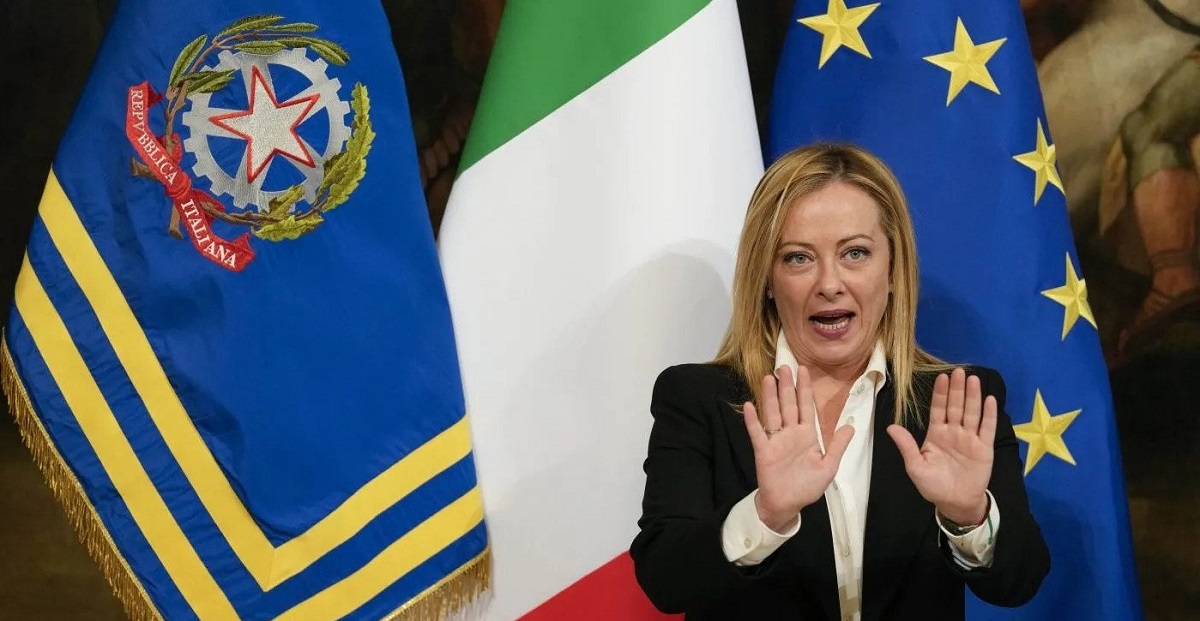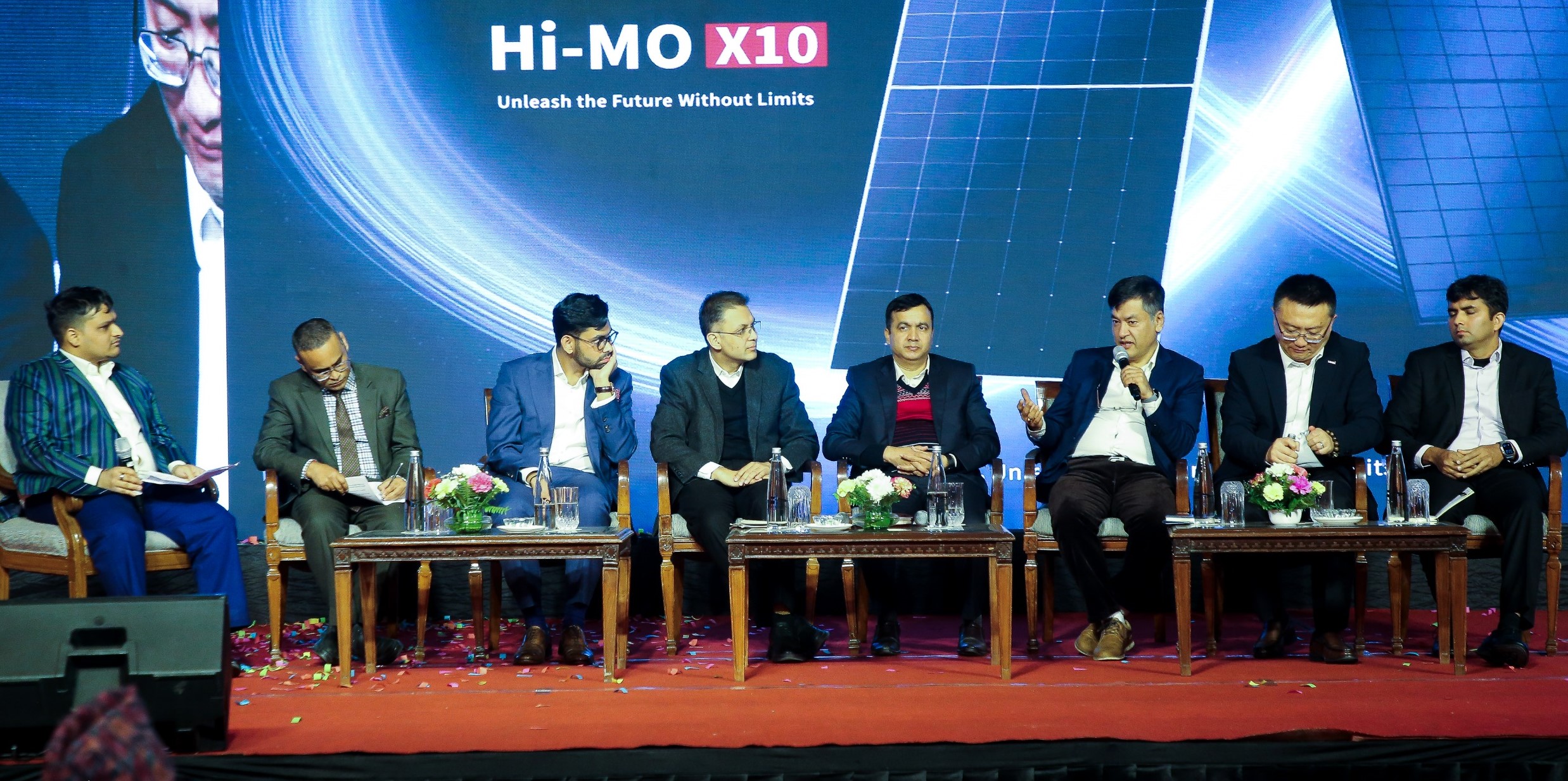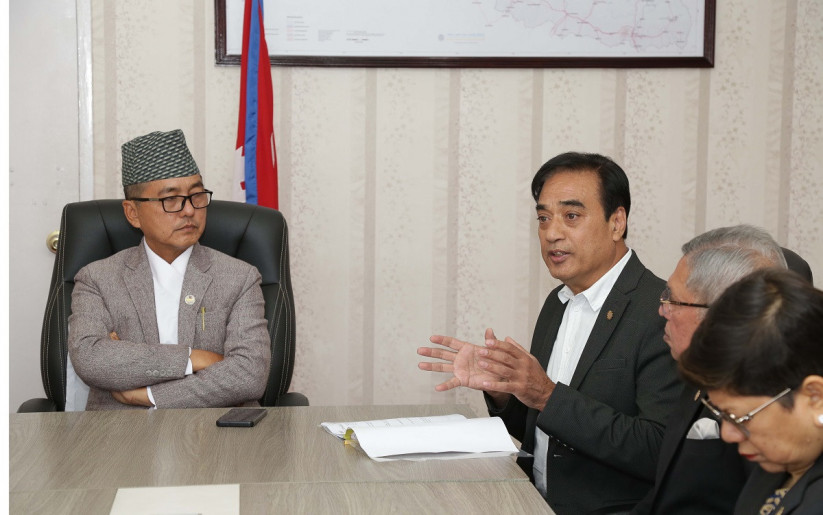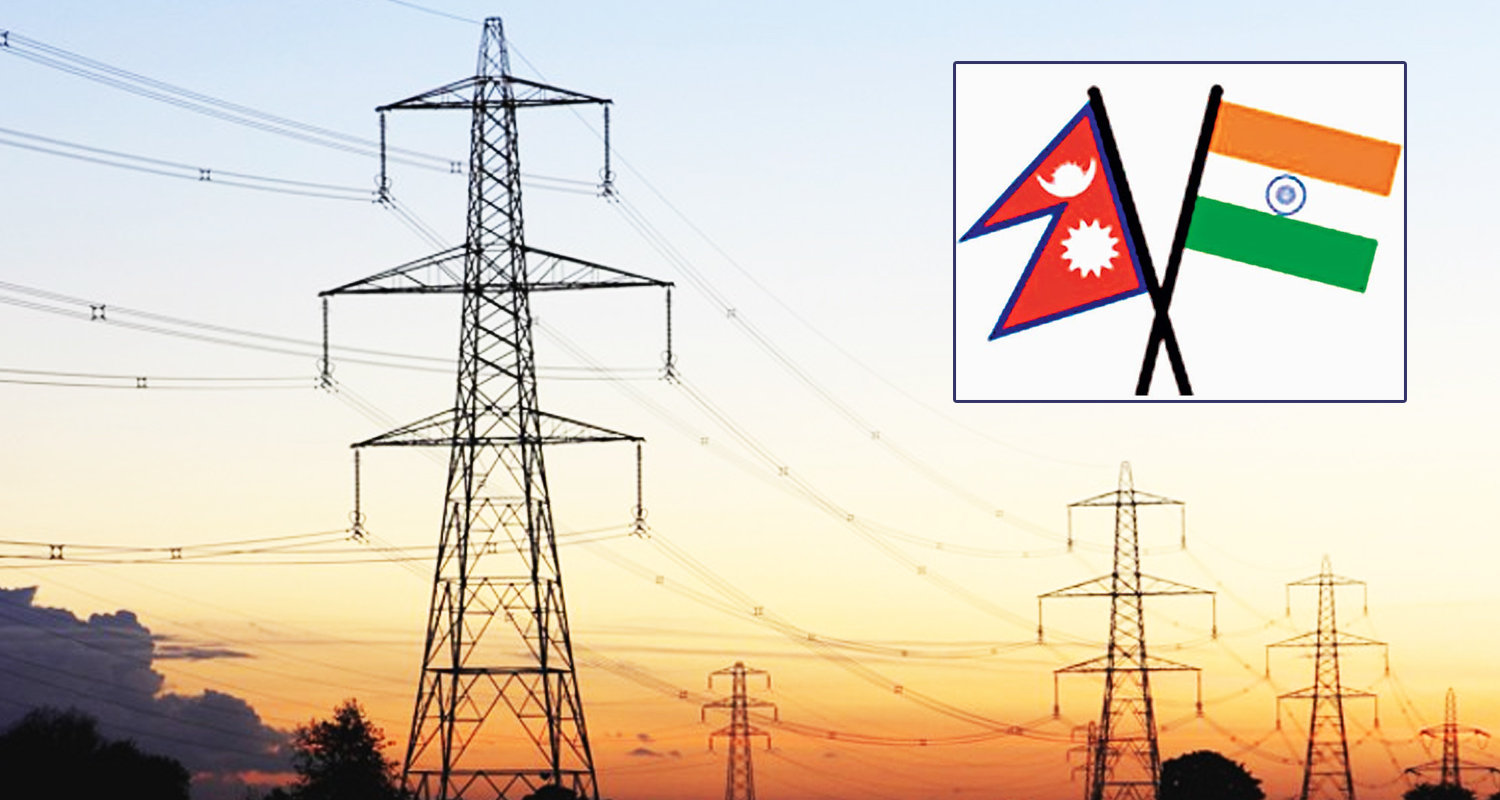Energy Update
Italy withdraws from China's Belt and Road investment deal

Kathmandu: Italy has withdrawn from China's vast Belt and Road infrastructure plan, more than four years after becoming the only G7 nation to sign up, a government source said on Wednesday.
The long-expected decision was communicated to Beijing three days ago, according to Italian newspaper Corriere della Sera, which first broke the news. Neither side has published an official communication, but an Italian government source confirmed to AFP that Rome had pulled out.

The source gave no details beyond saying it was done in such a way as to "keep channels of political dialogue open". Prime Minister Giorgia Meloni has long been opposed to Italy's participation in an initiative viewed by many as an attempt by Beijing to buy political influence - and whose benefits to Rome were limited.
The deal was due to automatically renew in March 2024 unless Italy opted out by the end of this year. But Meloni and her hard-right government were also wary of provoking Beijing and risking retaliation against Italian companies. She told reporters at the G20 summit in Delhi in September that should Rome leave the project, it "would not compromise relations with China".

Two trillion dollars
Beijing says upwards of 150 countries stretching from Uruguay to Sri Lanka have signed up to the initiative, a central pillar of President Xi Jinping's bid to expand China's clout overseas.
The Chinese governent says it has signed over two trillion dollars' worth of contracts around the world, from high-speed rail tracks criss crossing South East Asia and massive transport, energy and infrastructure works through Central Asia. Proponents hail it for bringing resources and economic growth to the Global South - but it has also been slammed for saddling poor countries with enormous debt.
It has also given Chinese infrastructure firms a foothold in many emerging economies. There are concerns, particularly among Western nations, that China is seeking to rebuild the global world order to its advantage, while opposition voices in BRI countries have also decried what they see as increasing Chinese influence in local politics.
Meanwhile, Washington has warned that China could use the initiative as a pretext to build up military bases around the world in the name of protecting BRI investments.
Limited impact
Italy, a member of the European Union, the G7 grouping of advanced economies and NATO, signed up in 2019 under the government of then prime minister Giuseppe Conte. Before taking office in October 2022, Meloni said that was a "mistake".
The non-binding memorandum of understanding struck with China contained broad undertakings for cooperation in logistics, infrastructure, financial and environmental sectors. But details were scarce and the lack of transparency fuelled distrust among Italy's allies.
In addition, Italian Foreign Minister Antonio Tajani said in September that membership "has not produced the results we were hoping for".
Experts noted that other big European economies, such as Germany and France, did not join the BRI, but have nonetheless secured important trade and investment deals.
Conversation
- Info. Dept. Reg. No. : 254/073/74
- Telephone : +977-1-5321303
- Email : [email protected]














